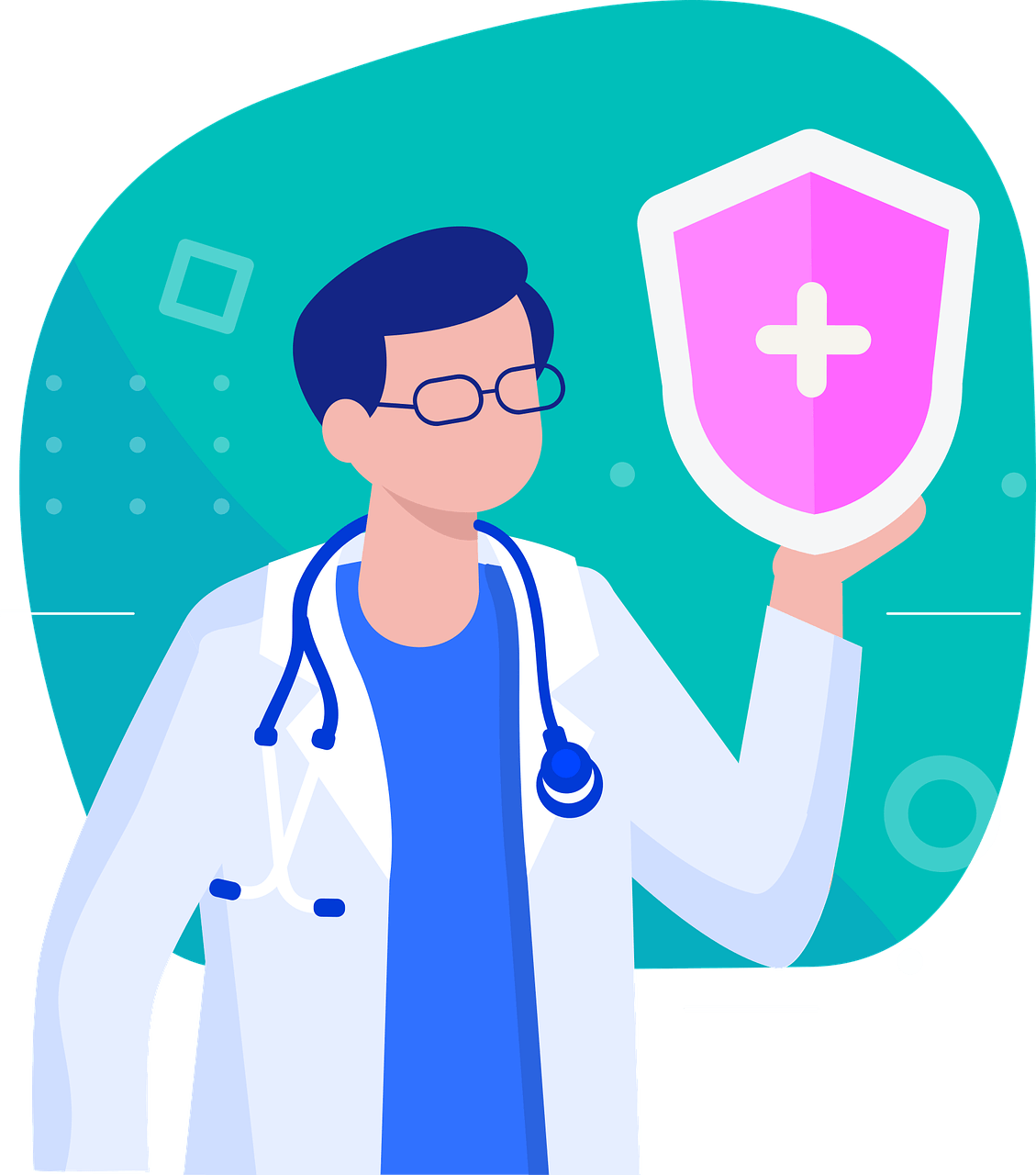Artificial intelligence in healthcare has the potential to transform many aspects of patient care and administrative processes in healthcare. I think the role of artificial intelligence will be an asset to all healthcare professionals. The following article contains examples of artificial intelligence in healthcare and companies doing a great job at it.
Copyright by www.aiplusinfo.com
 Introduction – Artificial Intelligence in Healthcare.
Introduction – Artificial Intelligence in Healthcare.
Artificial intelligence (AI), Machine learning, NLP, Robotics, and Automation are increasingly prevalent in all aspects and are being applied to healthcare as well. These technologies have the potential to transform all aspects of health care from patient care to the development and production of new experimental drugs that can have a faster roll-out date than traditional methods.
There are numerous research studies suggesting that AI can outperform humans at key healthcare tasks, such as diagnosing ailments. Here is a great example, AI ‘outperforms’ doctors diagnosing breast cancer¹.
Artificial intelligence is a collection of technologies that come together form artificial intelligence. AI’s diverse range of technologies impacts a wide spectrum of healthcare.
Tech firms and startups are also working assiduously on the same issues. Google, for example, is collaborating with health delivery networks to build prediction models from big data to warn clinicians of high-risk conditions, such as sepsis and heart failure. Google, Enlitic, and a variety of other startups are developing AI-derived image interpretation algorithms. Jvion offers a ‘clinical success machine’ that identifies the patients most at risk as well as those most likely to respond to treatment protocols. Each of these could provide decision support to clinicians seeking to find the best diagnosis and treatment for patients.
You will find below some technologies that improve a specific area in healthcare with examples sourced from the internet with citations.
Machine learning
Machine learning is an application of artificial intelligence (AI)that provides systems the ability to automatically learn and improve from experience without being explicitly programmed. Machine learning focuses on the development of computer programs that can access data and use it to learn for themselves².
There are majorly three types of Machine learning —
Thank you for reading this post, don't forget to subscribe to our AI NAVIGATOR!
- Supervised Learning
- Unsupervised Learning
- Reinforcement Learning
In healthcare, the most common application of machine learning is predictive medicine — predicting what treatment alternatives are likely to work best on a patient based on various patient traits, history, the treatment situation, and protocols. The supervised learning model for predictive medicine applications requires a training dataset, like all supervised learning models. the difference here is that there may be a lot of variables.
Read more: www.aiplusinfo.com


Artificial intelligence in healthcare has the potential to transform many aspects of patient care and administrative processes in healthcare. I think the role of artificial intelligence will be an asset to all healthcare professionals. The following article contains examples of artificial intelligence in healthcare and companies doing a great job at it.
Copyright by www.aiplusinfo.com
Artificial intelligence (AI), Machine learning, NLP, Robotics, and Automation are increasingly prevalent in all aspects and are being applied to healthcare as well. These technologies have the potential to transform all aspects of health care from patient care to the development and production of new experimental drugs that can have a faster roll-out date than traditional methods.
There are numerous research studies suggesting that AI can outperform humans at key healthcare tasks, such as diagnosing ailments. Here is a great example, AI ‘outperforms’ doctors diagnosing breast cancer¹.
Artificial intelligence is a collection of technologies that come together form artificial intelligence. AI’s diverse range of technologies impacts a wide spectrum of healthcare.
Tech firms and startups are also working assiduously on the same issues. Google, for example, is collaborating with health delivery networks to build prediction models from big data to warn clinicians of high-risk conditions, such as sepsis and heart failure. Google, Enlitic, and a variety of other startups are developing AI-derived image interpretation algorithms. Jvion offers a ‘clinical success machine’ that identifies the patients most at risk as well as those most likely to respond to treatment protocols. Each of these could provide decision support to clinicians seeking to find the best diagnosis and treatment for patients.
You will find below some technologies that improve a specific area in healthcare with examples sourced from the internet with citations.
Machine learning
Machine learning is an application of artificial intelligence (AI)that provides systems the ability to automatically learn and improve from experience without being explicitly programmed. Machine learning focuses on the development of computer programs that can access data and use it to learn for themselves².
There are majorly three types of Machine learning —
Thank you for reading this post, don't forget to subscribe to our AI NAVIGATOR!
In healthcare, the most common application of machine learning is predictive medicine — predicting what treatment alternatives are likely to work best on a patient based on various patient traits, history, the treatment situation, and protocols. The supervised learning model for predictive medicine applications requires a training dataset, like all supervised learning models. the difference here is that there may be a lot of variables.
Read more: www.aiplusinfo.com
Share this: